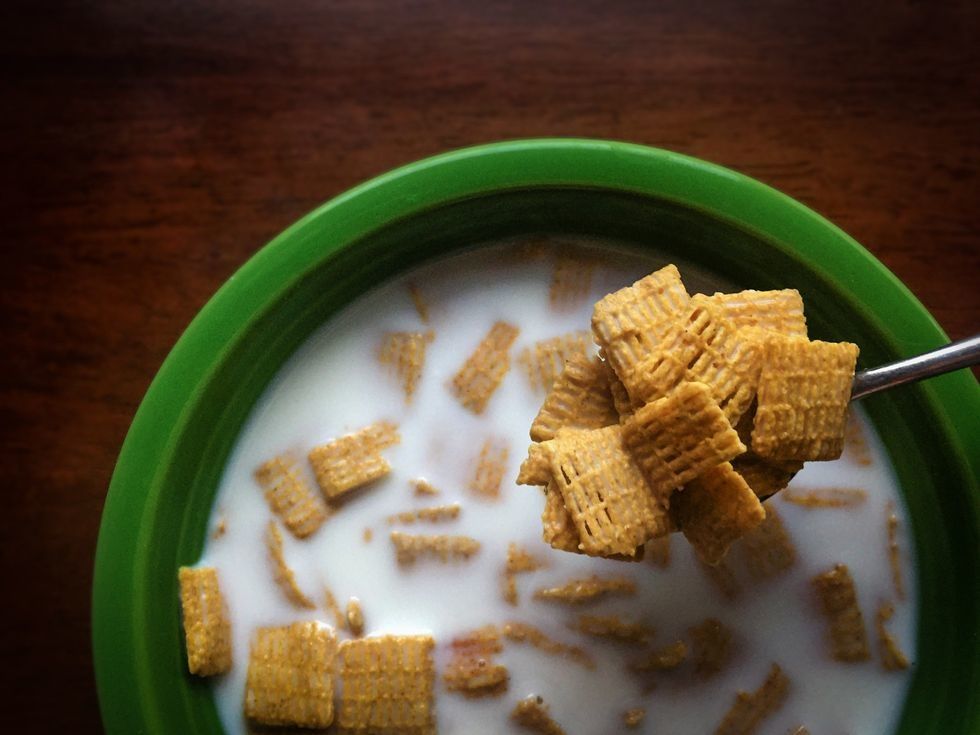There's plenty of articles out there all about "eat this, not that" and "do these workouts, not those" in order to either lose weight or gain weight depending on the person.
To state it in the easiest way possible...to lose weight you have to have to be at a Caloric Deficit. Now, what does that mean? That means that in a week's time you have consumed fewer calories than your standard maintenance calorie intake, depending on your body weight, age, height, and rate of exercise. In a short sense, eat less but not really. You do not, and I quote DO NOT want to starve yourself. Your body needs fats, carbohydrates, proteins, etc. in order to function and maintain a steady energy source. Starving yourself can lead to muscle mass and water loss and deficiencies that can affect you later in life, such as eating disorders. Starving the body can also have almost a reverse effect on your metabolism and you may have even more trouble losing weight. So please, if you're looking to lose weight, find a nutrition and exercise plan that works with your lifestyle.
A Caloric Surplus, on the other hand, is the exact opposite. When you're in a calorie surplus is means that you are eating around 300-500 calories on top of your maintenance calories each day. This can get misconstrued because many people will take this as a sign of "eat whatever you want to gain mass", but you need to ask yourself, do you want to gain weight overall or just muscle? If you're looking to gain muscle you really want to focus more on protein intake and lower fat rather than just calories alone. Tracking macronutrients is a great way to stay on track, but don't get too carried away with it.
At the end of the day, food is just food, and just because you have one meal out doesn't mean you've botched your progress. If you're confident in your skin, that's great! Although if you're looking for a change in your life, nutritionally, then this is a key starting point in that.
- How to best transition from a calorie surplus to a calorie deficit ... ›
- Energy balance myths: Why you can gain fat in a deficit ›
- How to know if you are in a caloric surplus or deficit if you can't know ... ›
- Gaining Muscle Mass in a Deficit vs. Bulking (Research Review ... ›
- What Is a Calorie Deficit, and How Much of One Is Healthy? ›
- Weight Loss 101: How to Calculate a Calorie Deficit | ACTIVE ›
- DO YOU NEED TO BE IN A CALORIC SURPLUS TO BUILD ... ›
- Can You Get Stronger Without A Caloric Surplus? (Yes, Here's How ... ›
- Calorie Deficit for Losing Weight ›
- What's the difference between a calorie deficit and calorie surplus? ›






















